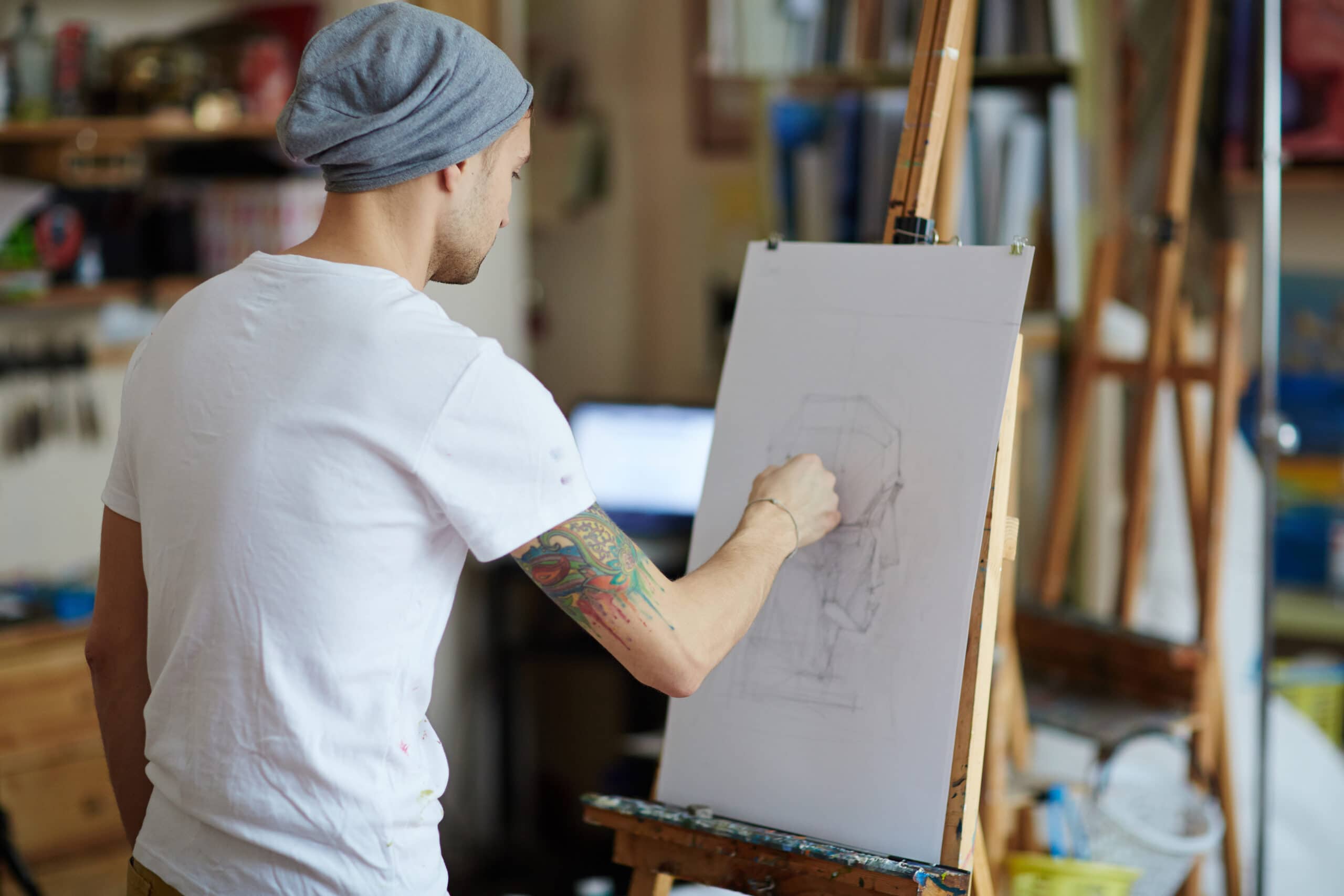In our last installment, we discussed basic emotions. Each one of us deals with emotions and experiences differently. A hundred people can experience the same thing at the same time, and each of them will perceive, learn, and be influenced differently.
Why is this?
Each of us are looking through what is referred to as “the lens of self.” Since each of us view ourselves differently and have a long history of different experiences which we have learned from, inevitably, we will react to similar situations in a very different way.
Understanding our unique perspective involves exploring our social influences, interpersonal relationships, and personal experiences from an early age and how those things developed our “sense of self.”
The “sense of self” refers to our personal identity — how we perceive ourselves — based on internal and external factors that are not easy to control of which mostly occurred while we were in our early development.
Since early development is where the majority of your sense of self is formed, let’s dive into exactly how these early stages affect us.
The Early Development of Self
As we move through our stages of life, our experiences typically become more complex such as school, employment, love, heartbreak, death, and other complex experiences. Your unique ability to navigate these events depends on the already-formed foundations of self that developed at a much younger age.
If your foundations of self are built on previous experiences of stability, safety, and love, this will make it more likely that you will respond to challenging difficulties with resilience.
On the other hand, if your sense of self was founded on instability, trauma, and chaos, this will more than likely cause you to deal with challenges in a reactionary way that is meant to protect you from harm through the use of defense mechanisms.
Seeking Approval
Approval-seeking is a natural part of all stages of life, but much of your approval-seeking habits have a foundation in your early life — around your toddler years. At your youngest ages, you are fully reliant on your caretaker to provide you with all of your physical needs. Because of this, seeking your caretaker’s approval comes naturally.
As you develop into adolescence, physical needs take the back burner to emotional needs. As you mature, seeking approval can extend to peers, authority figures, and extended family.
When seeking and receiving approval, the rate at which we are given approval has a direct influence on our development of self. If we are consistently denied approval from our caretakers, we will feel more of a need to seek approval of others rather than rely on our internal development.
Seeking and attaining approval at young ages is integral to the development of self and self-esteem.
Childhood Memories
Have you ever seen the movie Inside Out? In the film, there are what are referred to as “core memories.” Some theories suggest that early “core” memories play a direct role in your development.
Most of us can’t recall many memories of our childhood, but the ones that we can recall are likely linked to significant events that contributed to our overall development into adults.
In our next installment, we will discuss the personality theory and the concept of the “three selfs.”











